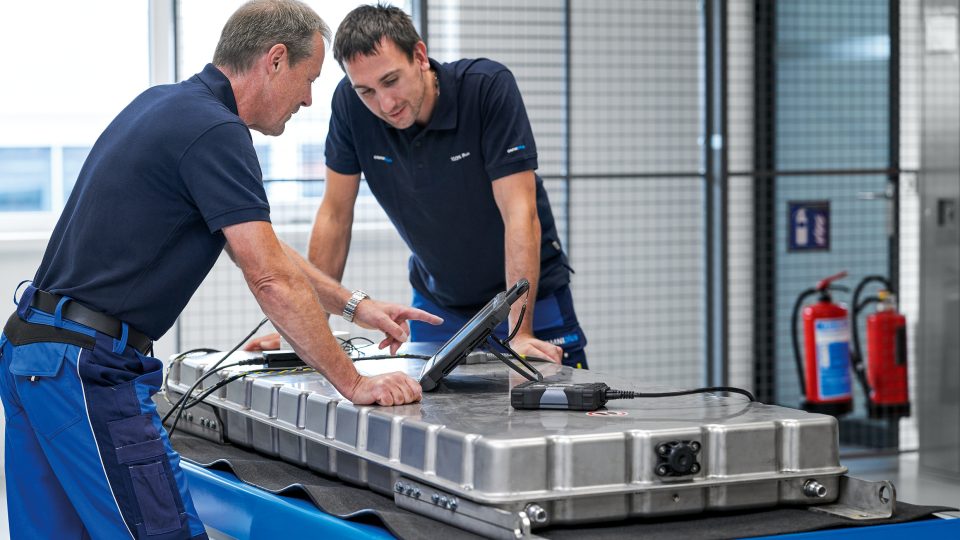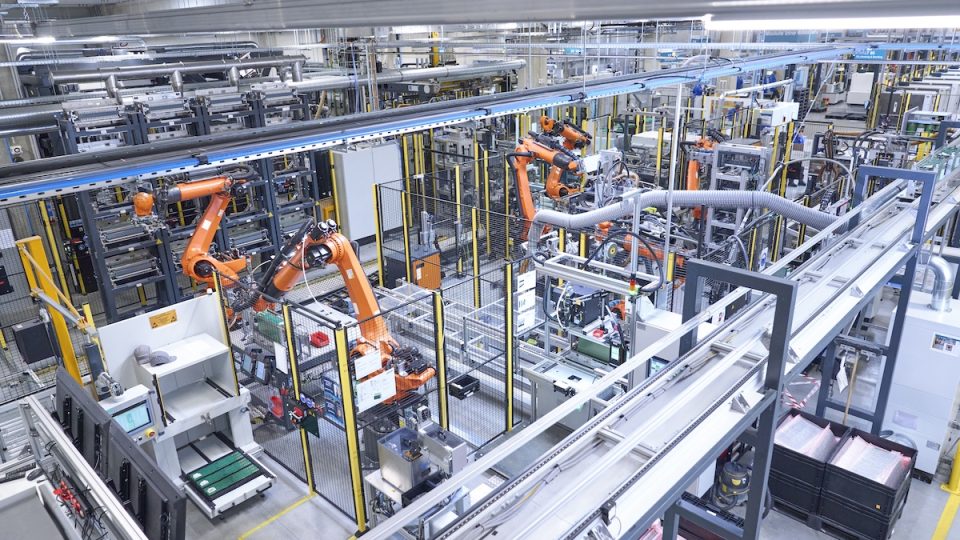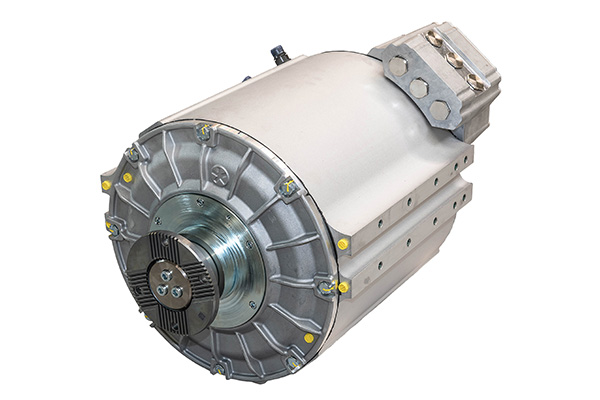Covid-19 and air conditioning systems on buses. Konvekta’s tips and tricks
Covid-19 and air conditioning systems. The relation between the spread of the virus and the A/C is source for concerns from operators, manufacturers and, of course, public transport users. The German supplier Konvekta points out: «We believe that aerosol transmission (by air) of coronavirus is not the primary transmission route. However, aerogenic infections cannot be […]
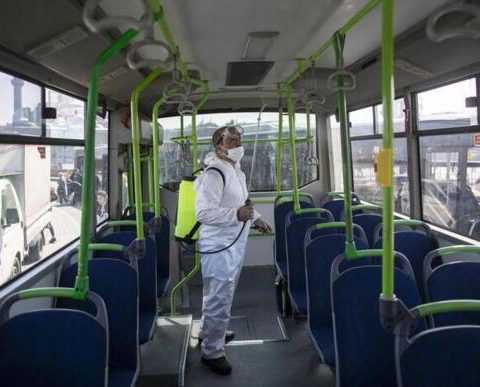
Covid-19 and air conditioning systems. The relation between the spread of the virus and the A/C is source for concerns from operators, manufacturers and, of course, public transport users. The German supplier Konvekta points out: «We believe that aerosol transmission (by air) of coronavirus is not the primary transmission route. However, aerogenic infections cannot be completely ruled out, as air movement in vehicles may deflect droplets from their trajectory and cause them to be ingested or absorbed».
What is important is the regular servicing: «This involves inspecting the system for contamination and changing filters or, in the case of metal filters, cleaning them. If the servicing intervals have been adhered to, no extra service is now required», Konvekta highlights.
A few weeks ago, also the Chinese bus air conditioning supplier Cling shared a decalogue on how should public bus air conditioners be properly used and effectively disinfected.
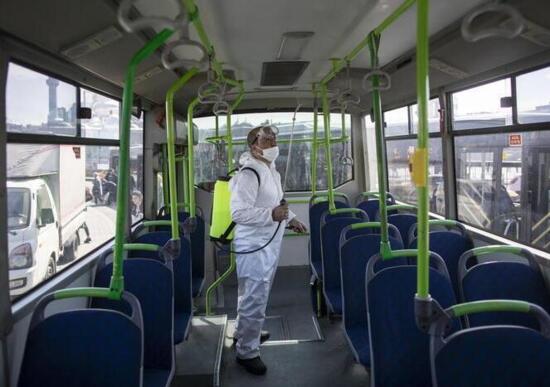
Covid-19 spread and concerns on air conditioning
Konvekta quotes a study from the Robert Koch Institute, «who believes that Covid-19 transmission via aerosol is unlikely in normal social interactions. Ninety percent of transmissions occur via droplet infection (coughing and sneezing) and nine percent through contact with contaminated surfaces. This means that an infection is much more likely to occur through direct transmission from person to person or by touching handrails, seats etc», the German company reports in a press note.
Covid-19 and air conditioning, ventilation is worthwhile
«The number of pathogens can increase considerably in enclosed spaces. Regular ventilation therefore reduces the risk of infection. Ventilation also improves interior climatic conditions and, by increasing air humidity, prevents dryness in the mucous membranes in the nose and mouth, which in turn gives better protection against pathogens. Providing fresh air or increasing the amount of fresh air is therefore certainly a worthwhile measure», Konvekta highlights. What is more, «on our systems, the number of germs measured at outlets were lower than those at air intakes. The systems therefore help improve air quality. While viruses may be even smaller than bacteria, filters in air conditioning systems still trap them because viruses always adhere to surfaces».


